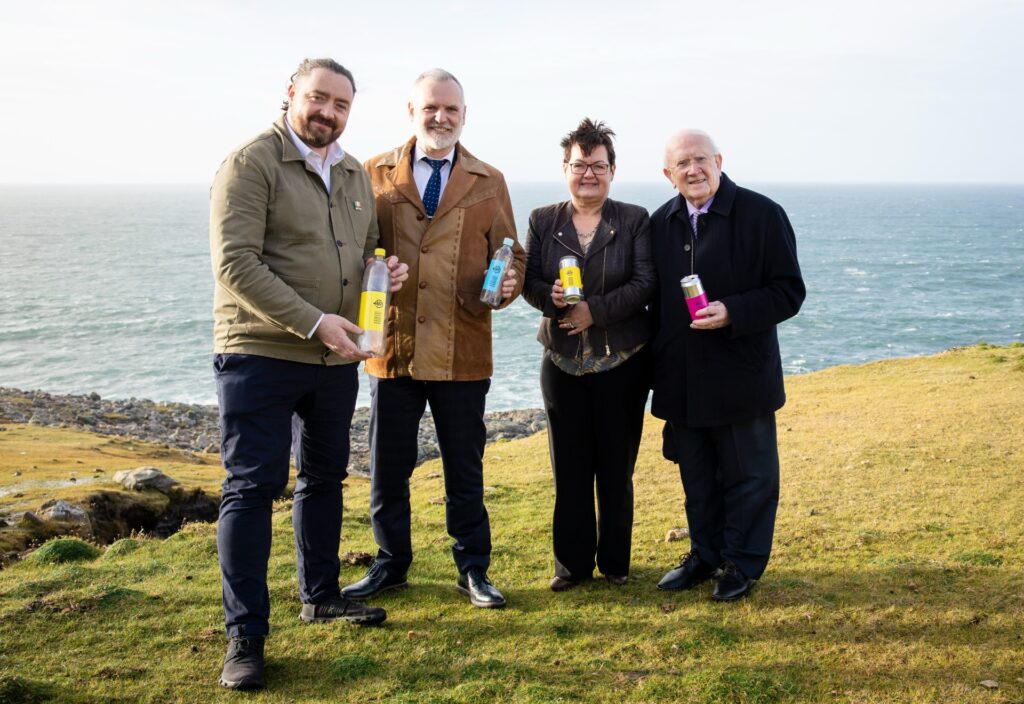Published on 7 July, the draft 2025 strategy builds on previous iterations with a continued focus on hazard reduction at Sellafield, greater integration across the NDA group, and progress towards long-term waste management solutions, including a Geological Disposal Facility (GDF).
The strategy outlines plans through to 2050 and reaffirms the NDA’s priority to safely retrieve and manage high-hazard materials stored in legacy ponds and silos at Sellafield – widely regarded as the most complex element of the national decommissioning effort.
Key achievements since the last strategy in 2021 include the completion of reprocessing operations at Sellafield, progress on national radioactive waste policy, publication of government policy on plutonium disposition and operationalisation of the NDA group model – bringing its 17 sites under one integrated structure.
NDA Group CEO David Peattie said the revised strategy “sets a clear, ambitious and credible path” for the coming decades. He reiterated the NDA’s commitment to hazard reduction, proportional decision-making and optimising the use of its workforce and capabilities.
By 2050, the NDA aims to have de-licensed most of the former Magnox reactor sites, repackaged a portion of the UK’s plutonium inventory for disposal, initiated its conversion into a disposable form, established new interim waste storage facilities and identified a site for the GDF.
The draft strategy continues to focus on four key themes:
- Site decommissioning and remediation: dismantling redundant infrastructure and preparing land for potential reuse.
- Spent nuclear fuels: consolidating spent fuel at Sellafield, ensuring safe interim storage and eventual disposal.
- Nuclear materials: managing uranium and plutonium stocks, with a long-term plan for reuse or disposal.
- Integrated waste management: prioritising waste minimisation through reduction, reuse and recycling before disposal.
While these themes remain consistent with the 2021 strategy, the NDA said it has refined its approach to enabling functions, including research and innovation, workforce development and transport infrastructure. Notably, sustainability is no longer treated as a standalone theme but embedded throughout the strategy, reflecting its increased significance in long-term planning.
Members of the public and stakeholders are invited to submit feedback by 29 September 2025. The final version of the strategy will be submitted to UK and Scottish governments for approval, ahead of publication in March 2026.
Consultation details and response forms are here.









Subscribe for free